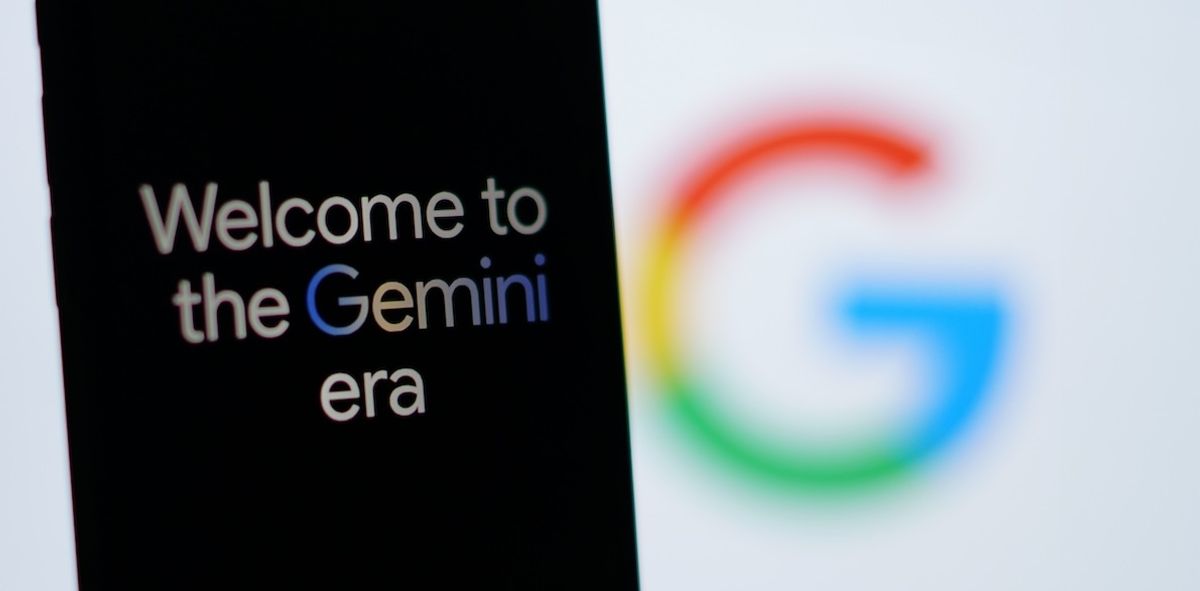A day after OpenAI announced its newest artificial intelligence model, Google unveiled big changes to its search engine among numerous other AI-driven product updates that include new trip-planning capabilities that travel insiders are already saying could represent an improvement in the sector.
Gemini Advanced, Google’s premium AI chatbot service, already had the attention of travel thought leaders. Tuesday’s product updates at the company’s annual developer conference, Google I/O, showed how Gemini Advanced can use spatial data and reasoning to prioritize and make decisions while building a personal itinerary.
“I’ll show you how Gemini is taking a step closer to being a true AI assistant by planning and taking actions for you,” said Sissie Hsiao, a Google vice president and general manager of Gemini. “Now we all know that chatbots can give you ideas, but there’s a lot more that goes into planning a great trip. It requires reasoning that considers space-time logistics and the intelligence to prioritize and make decisions.”
That’s a “big deal,” said Phocuswright senior manager of research and innovation Mike Coletta, “because so far many of these [trip planning] tools have struggled to understand dates, time frames and distances.”
Subscribe to our newsletter below
Last month Coletta hosted a webinar about why trip planning startups usually struggle, detailing problems with the business model. Even for companies that could figure out how to sustain user loyalty, the webinar made clear, a bigger challenge might be how to compete with what Google could do with its advantages in connectivity, especially with features like Google Flights and Google Hotels.
Travel planners may have gotten a peek at that Tuesday, Coletta said.
“Given that Gemini can access Maps, YouTube, Gmail, Google docs, etc., it does seem like an extremely and increasingly useful and capable tool for planning travel,” he said.
Hsiao, on stage at the conference in Mountain View, California, demonstrated the update that will be rolling out this summer. She prompted Gemini to plan a family trip to Miami that would take into account her son’s love of art, her husband’s love of seafood and flight and hotel details already in her Gmail inbox.
“To make sense of these variables, Gemini starts by gathering all kinds of information from search and helpful extensions like Maps and Gmail,” Hsiao said. “It uses that data to create a dynamic draft of possible travel options, taking into account all of my priorities and constraints.”
The itinerary was for two and a half days — Hsiao’s flight information made that much obvious. A recommended seafood restaurant was close to the hotel, and activities were organized in part based on the travel time between them. For example, activities on the first day were limited because the flight landed late in the afternoon. Additional prompts could instantly filter out choices based on things like dietary restrictions or other preferences.
When Hsiao adjusted her family’s wakeup time for Sunday, Gemini moved a walking tour to the next day and added lunch options near a recommended art museum to still get the most out of the day.
“It would have taken me hours of work checking multiple sources, figuring out schedules, and Gemini I did this in a fraction of the time,” Hsiao said.
Also among the announcements at Google I/O was Project Astra, a multimodal AI agent capable of using a phone’s video camera and voice recognition to observe the world and converse about it in real time, a capability mirroring GPT-4o, the model announce by OpenAI the previous day.
“The fact that these similar capabilities debuted a day apart shows how close the race is between the AI platforms and how none have a especially sustainable advantage,” Coletta said. “Google’s advantage in travel planning is the native integration with its other travel-related products, but these new multimodal models will be accessible to anyone and could have significant implications for how people will be interactively exploring their destination, including translating foreign languages, in the very near future.”
Also Tuesday, Expedia Group unveiled its new AI-powered trip planning tool, Romie, that’s intended to help travelers with search, shopping, booking and in-trip assistance needs.










